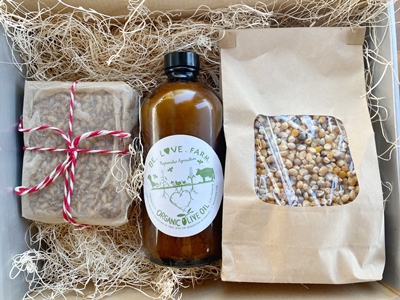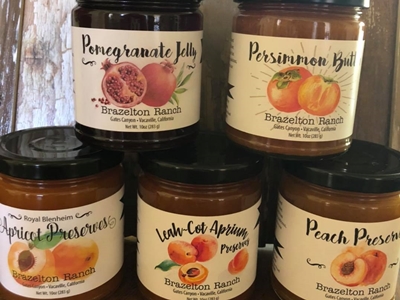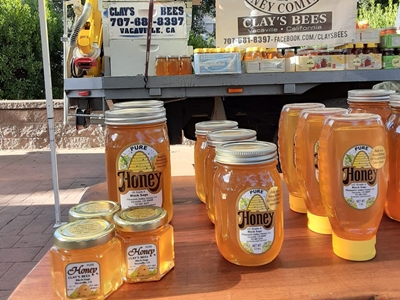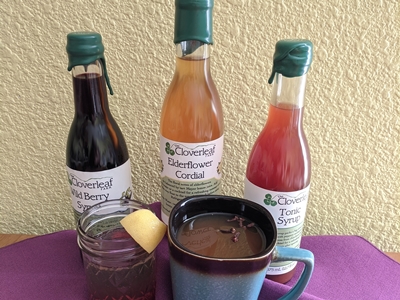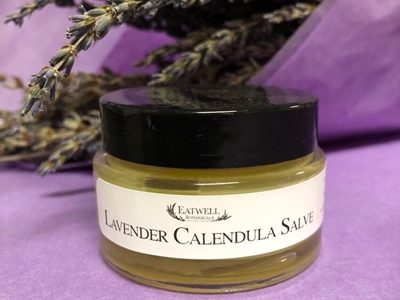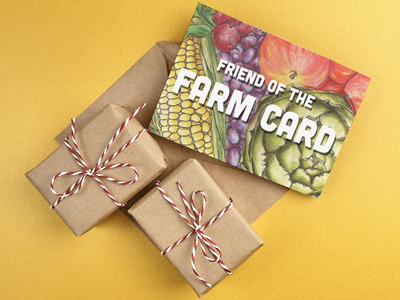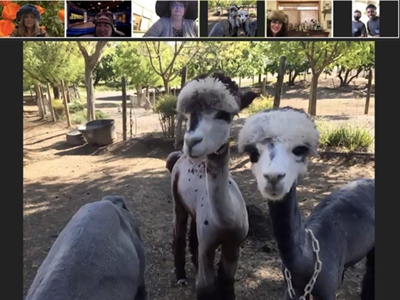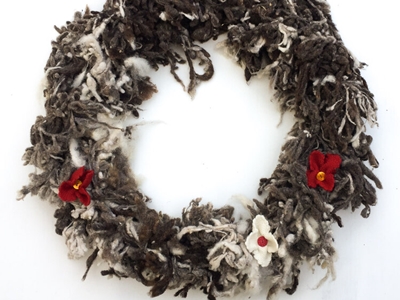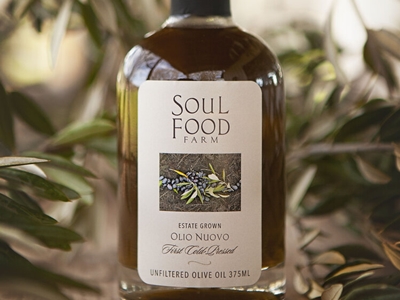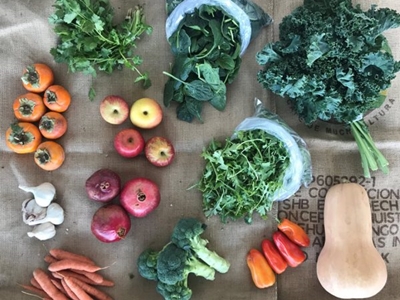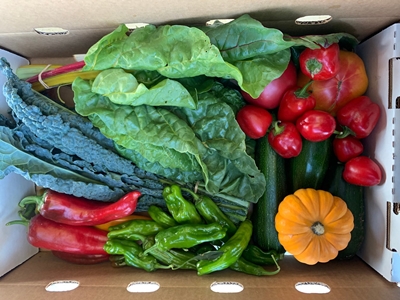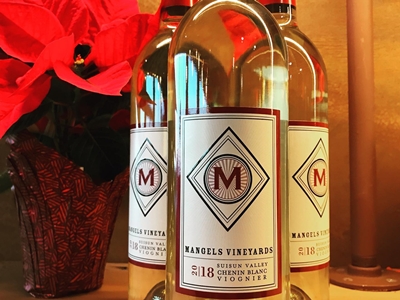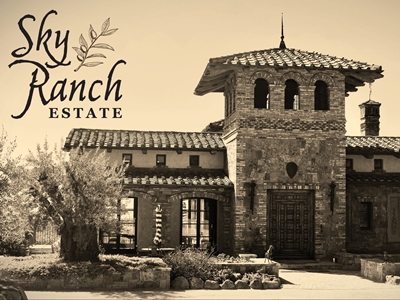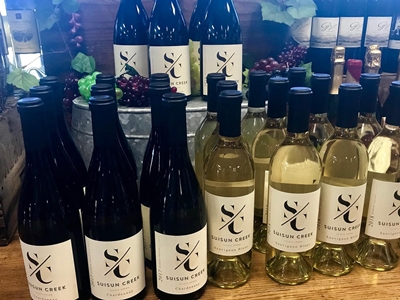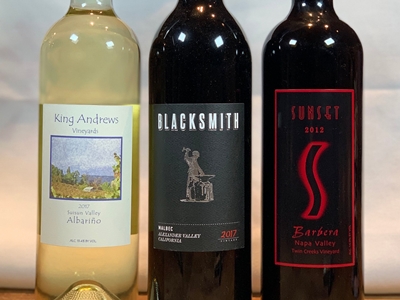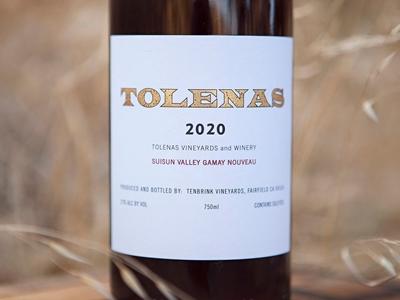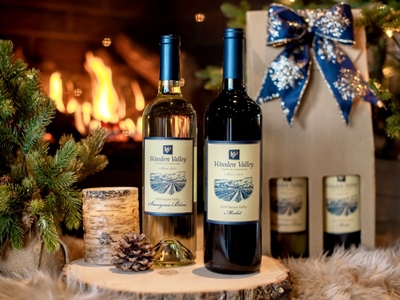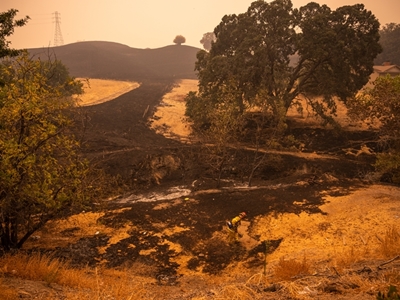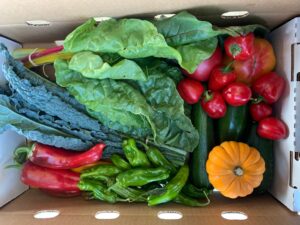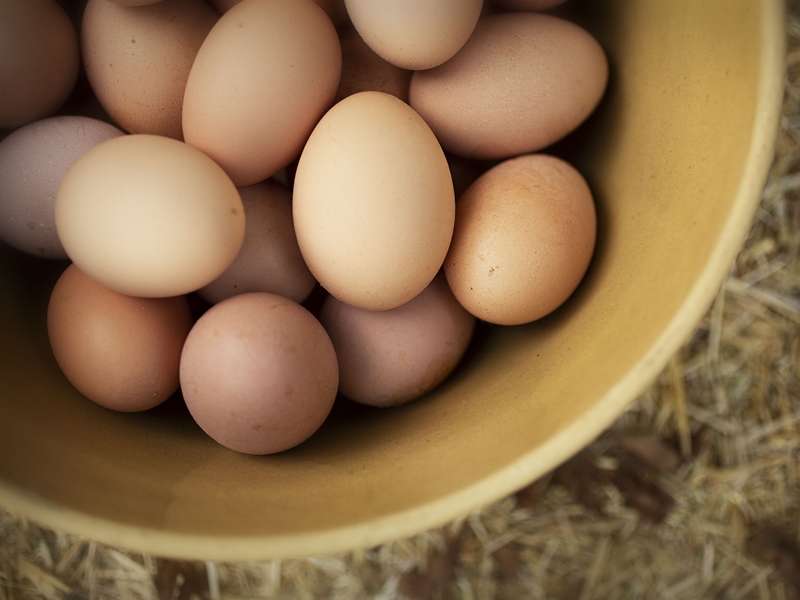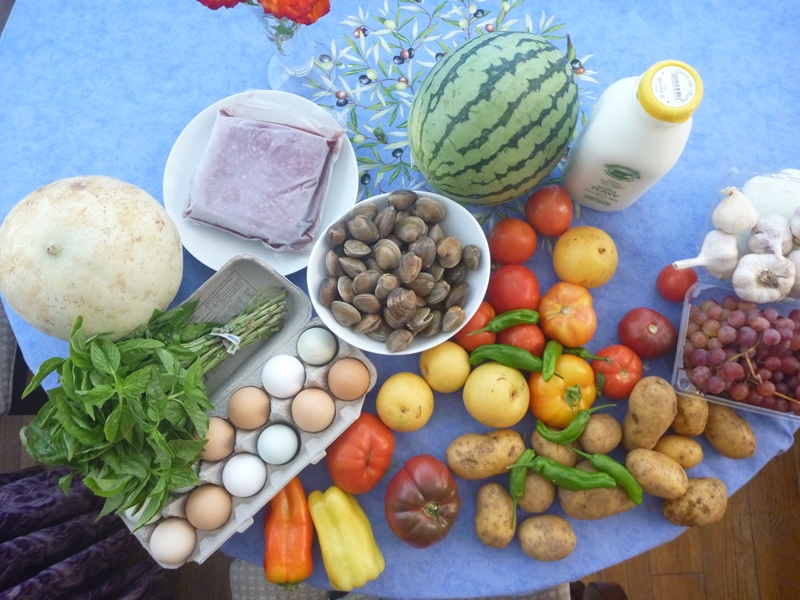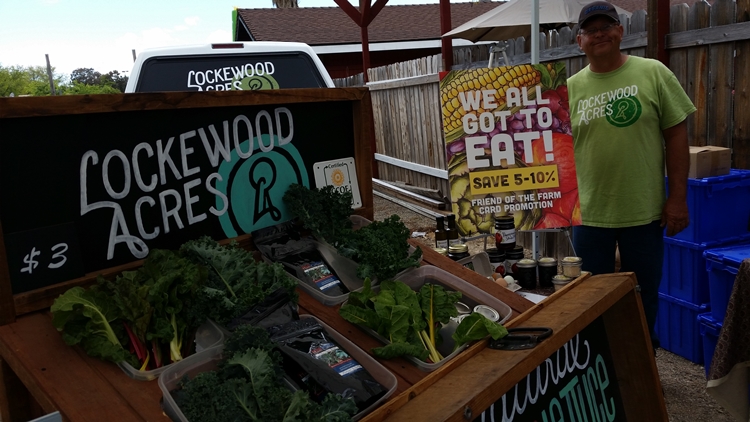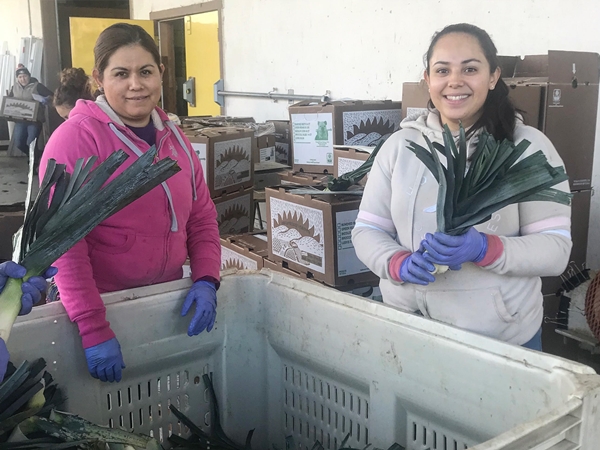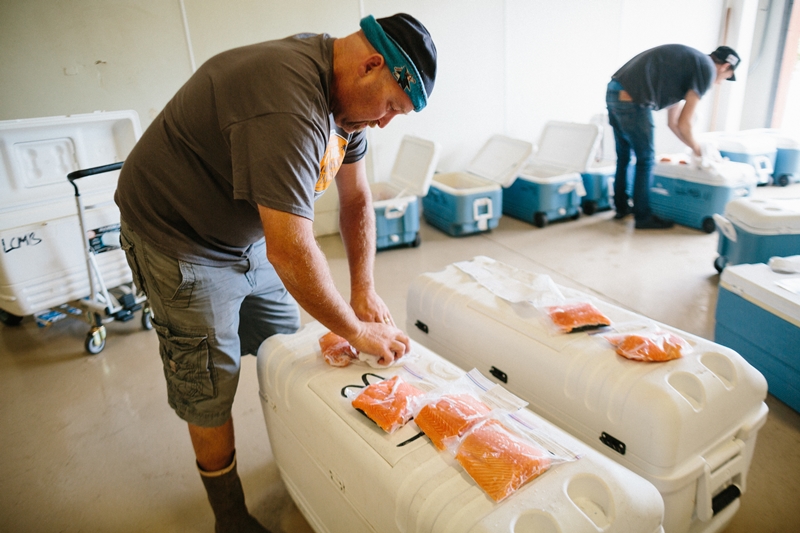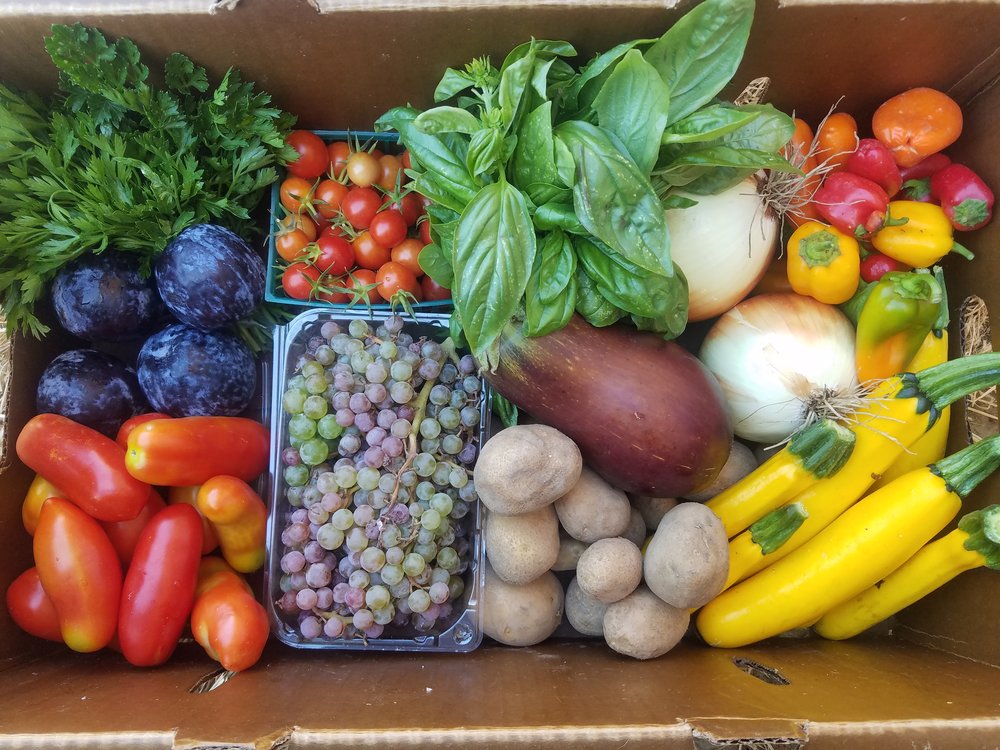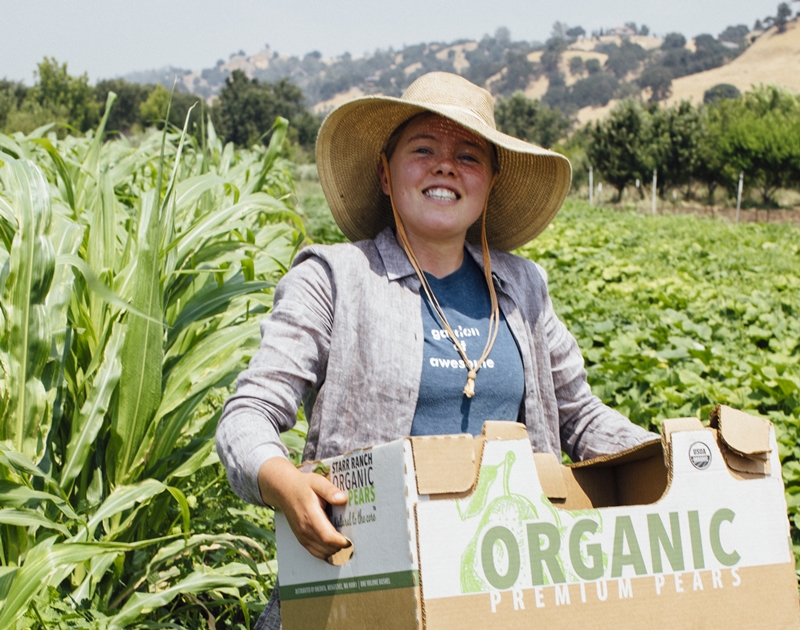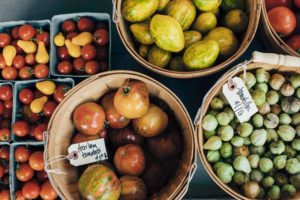CSA Farm Spotlight: Umbel Roots
By Sustainable Solano
This is an ongoing series profiling local farms that have Community Supported Agriculture (CSAs) available in Solano County. CSAs create a way for community members to buy a share of the harvest directly from local farmers. Customers pay a set amount and receive a box of seasonal produce or other farm products in return. Such arrangements help farmers receive a greater share of the money paid, bring customers fresh, local produce and promote health, community and the local economy.
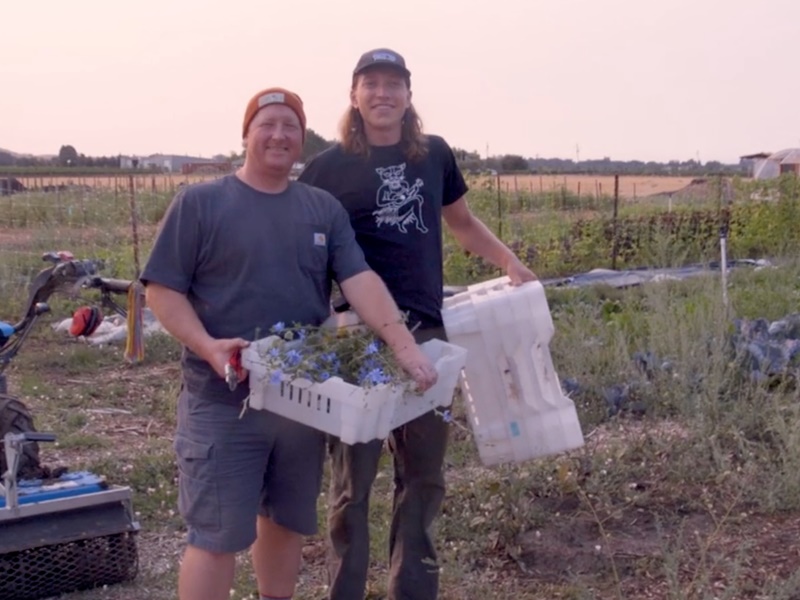
William Hennpenn and Tom Inners of Umbel Roots
Friends William Hennpenn and Tom Inners started Umbel Roots after previous careers in wine and food.
William has been farming since 2015 and asked Tom to join him as partners in establishing Umbel Roots in 2021. The farm serves restaurants and chef-driven businesses and provides produce to local residents through a CSA. The farm also seeks ways to collaborate on other creative endeavors.
“We also lead with no-till, organic practice regenerative farming in an effort to farm good soil and be better sustained for our collective futures,” Tom said.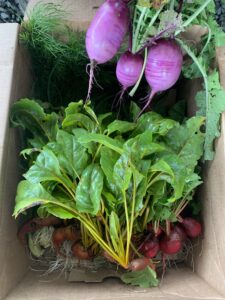
Learn more about the farm in this video profile.
Below is a Q&A with Tom and William about Umbel Roots:
- Umbel Roots
- Fairfield
- 3 acres planted with room to expand to 20 acres
- Established 2021
When did you start offering a CSA? Why was it important to offer?
Umbel Roots CSA started in May 2021 as a way of offering restaurant-caliber produce to families in our community in a time when the restaurant industry was at an all-time low due to the repercussions of Covid-19. This was a value-add for families at home, as well as a rebound for our farming business in the absence of restaurant orders.
Are there special perks for CSA members? Why do people tend to subscribe?
Absolutely! We pride ourselves on delivering niche produce that oftentimes is not represented in other farm CSAs. We also offer add-ons from our farm such as mixed greens, a proprietary herbal tea blend (changes seasonally), eggs, and meat (chicken, squab, and turkey).
What’s something that makes your farm stand out?
Beyond the diverse selection of produce, each week we share a newsletter with farm news, recipe or cocktail, and a weekly music playlist to compliment the CSA. We’ve also included flowers, herbs, teas, and prepared pesto in previous deliveries. We offer home delivery to our CSA to members along with a pick-up point at the wine shop, Bay Grape Napa, to combine our love of food and wine.
Anything exciting on the horizon? What do you see happening and what do you want to see happen with interest in local food?
We’re excited to continue to grow our farm business. Sky’s the limit as we continue to work with creative chefs and explore new and exciting varieties of veggies and seed providers. We encourage new restaurants to Solano County and look for ways in which we can work together to get more Solano County residents to eat more wholistically, locally, and seasonally.
Anything else you’d like to add?
Thank you Solano County!
Umbel Roots has CSA home delivery in Solano County, as well as Berkeley, Oakland, Sonoma, Napa County, and Marin. Learn more about how to sign up here.
Find out more about local CSAs here.

